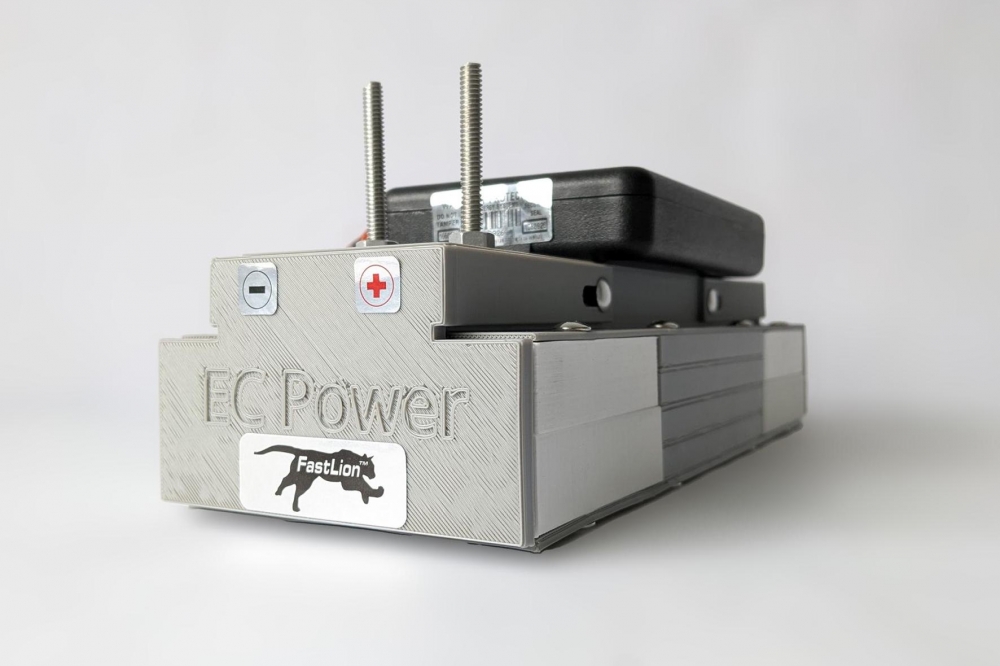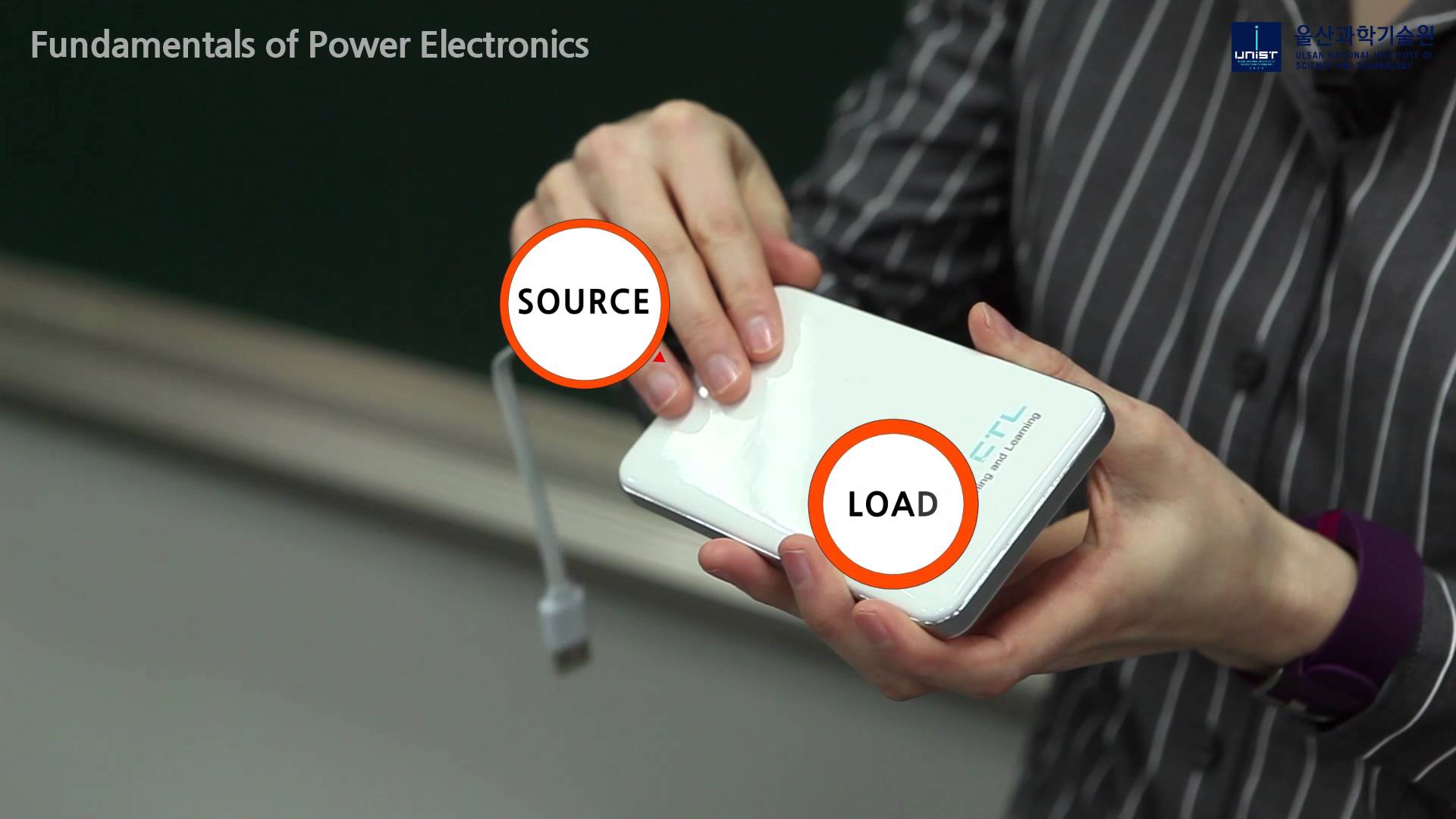Penn State scientists make battery tech breakthrough

Internal thermal modulation approach means an EV battery can charge in 10 minutes
A breakthrough in electric vehicle battery design has enabled a 10-minute charge time for a typical EV battery. The record-breaking combination of a shorter charge time and more energy acquired for longer travel range was announced in the journal Nature.
The technology relies on internal thermal modulation. Batteries operate most efficiently when they are hot, but not too hot. To keep batteries in this 'Goldilocks' zone, historically they have relied on external, bulky heating and cooling systems, which respond slowly and waste a lot of energy.
The team decided to instead regulate the temperature from inside the battery. The researchers developed a new battery structure that adds an ultrathin nickel foil as the fourth component besides anode, electrolyte and cathode. Acting as a stimulus, the nickel foil self-regulates the battery’s temperature and reactivity which allows for 10-minute fast charging on just about any EV battery.
“The need for smaller, faster-charging batteries is greater than ever,” said Chao-Yang Wang, lead author on the study. “There are simply not enough batteries and critical raw materials, especially those produced domestically, to meet anticipated demand.”
“Our fast-charging technology works for most energy-dense batteries and will open a new possibility to downsize electric vehicle batteries from 150 to 50 kWh without causing drivers to feel range anxiety,” said Wang, whose lab partnered with State College-based startup EC Power to develop the technology.
“The smaller, faster-charging batteries will dramatically cut down battery cost and usage of critical raw materials such as cobalt, graphite and lithium, enabling mass adoption of affordable electric cars.”
“True fast-charging batteries would have immediate impact,” the researchers write. “Since there are not enough raw minerals for every internal combustion engine car to be replaced by a 150 kWh-equipped EV, fast charging is imperative for EVs to go mainstream.”
The study’s partner, EC Power, is working to manufacture and commercialise the fast-charging battery for an affordable and sustainable future of vehicle electrification, Wang said.
The work was supported by the US Department of Energy, the US Department of Defense, the US Air Force and the William E. Diefenderfer Endowment.



































